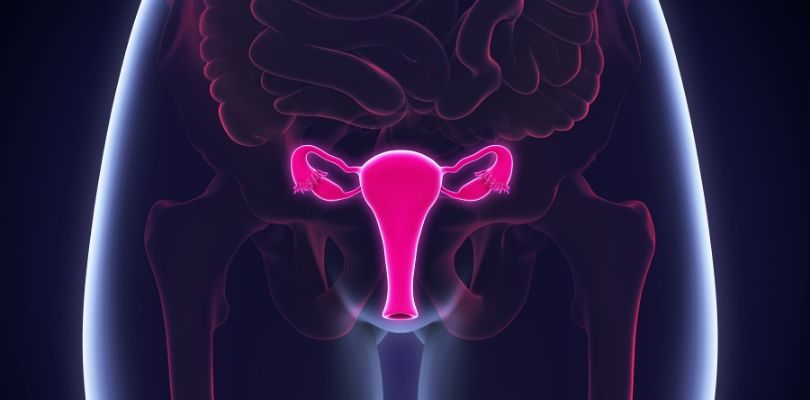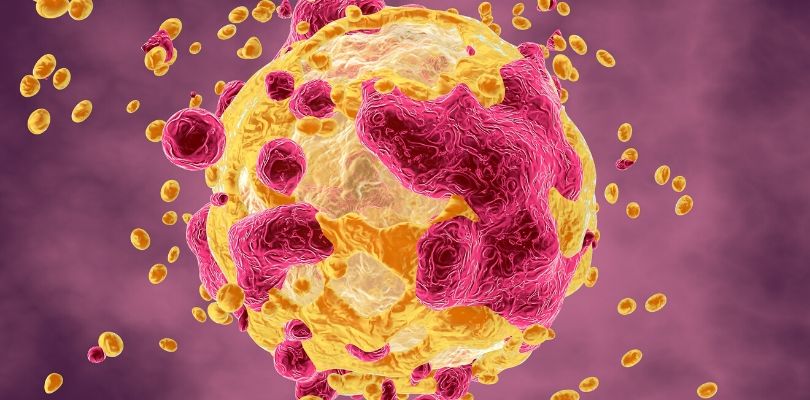Photo Credit: philipimage / iStockPhoto.com
Try Some of These Treatments for Nausea
Nausea is a scourge for many people who have cancer — sometimes the sensation of the stomach being “off” never seems to go away. At other times it intensifies to queasiness that won’t let you change position for fear of escalating it. At its worst, nausea turns into full-fledged vomiting, which is sometimes seemingly ceaseless.
I recall my mother bringing me two of my favorite home-cooked meals to me while I was hospitalized for cancer. It’s been over 15 years, and my stomach still gets queasy just thinking about those two dishes that were once my favorite foods.
Fortunately, health care experts are becoming more skilled at delivering chemotherapy, so nausea and vomiting are nowhere near as prevalent as they were decades ago. In addition, oncology experts have more tools to offer people who have cancer that effectively prevent and treat this miserable sensation.
Common Causes of Nausea
Certain medications used to treat cancer are very likely to cause nausea. Some types of chemotherapy cause nausea so often that anti-nausea agents are administered prior to chemotherapy as a preventative measure. Radiation therapies may also cause nausea and vomiting to occur.
Some types of cancer are more likely to cause nausea than others:
- People with pancreatic cancer often suffer with intractable nausea and diarrhea.
- Cancerous tumors of many abdominal cancers may cause obstructions of the intestines.
- Ascites (extreme abdominal swelling) arises due to liver and advanced cancer, and puts pressure on the abdomen and creates feelings of fullness and nausea.
- Lung and other cancers that cause frequent coughing may result in an upset stomach, too.
- Individuals who have brain tumors often develop increased pressure within the head, which causes nausea and sometimes forceful vomiting.
Other causes of nausea include:
- Constipation. This may be caused by chemotherapy, narcotics, or the disease process itself.
- Dietary changes. Your diet changes when you have cancer, which can result in feeling nauseous.
- Anxiety. The fear of having cancer and undergoing difficult treatments may wreak havoc with the digestive system.
- Infections and changes within the body’s chemistry. This may cause disturbances, sometimes resulting in nausea.
- Pain. Pain from treatment or the condition itself is often accompanied by nausea.
- Motility of the gastrointestinal tract may be sped up or slowed down by treatment. This change is capable of precipitating nausea or sometimes vomiting.
Home Remedies for Nausea
When dealing with cancer it is important to prevent dehydration, as it can cause weakness and complications. In addition, dehydration may intensify feelings of nausea and discomfort.
While it is important to consume plenty of fluids, try to consume them in small amounts between meals. Ice pops, ice chips, electrolyte drinks, ginger tea, cola, ginger ale and gelatin are good sources of fluids when nausea arises.
Avoid exposure to strong odors and excessive temperatures if possible. Ask family members to be considerate regarding the foods they prepare in your presence, as well as the use of perfumes, air fresheners and other odors.
Simple, fresh foods and juices are the best for keeping yourself well. Enjoy small, frequent meals throughout the day, as they are usually tolerated better than a few large ones.
There's no denying how cancer changes your outlook on life. But there are ways to cope through the disease and stay as positive as possible.
Greasy foods often upset the stomach, as do salty foods for most people. While most people can’t tolerate spicy foods, some individuals find a bit of spice relieves their nausea.
Having cancer is stressful, so take steps to avoid and limit stressors in your life. Get enough rest, enjoy fresh air every day, and conserve your energy.
Professional Treatment for Nausea
Ask your oncologist to prescribe or recommend medications you can keep on hand before nausea is a problem. Pharmacological and other therapies, such as acupressure and acupuncture, can be very beneficial.
Some herbs can enhance the health of the gastrointestinal tract. They work by relieving nausea directly or promoting proper motility within the gastrointestinal tract.
Some herbs can help protect the lining of the stomach and esophagus. Ginger, marshmallow, mints, slippery elm, licorice, fennel and dill are just a few of the many herbs that promote gastrointestinal wellness.
Biofeedback, guided imagery and other relaxation methods are useful complementary therapies.
If nausea is severe, hospitalization and hydration with fluids may be needed. A tube may need to be temporarily placed into the abdomen though the nose, or less commonly through the abdominal wall.
Medications Used to Treat Nausea
There are many medications used to treat nausea. Some have been traditionally used strictly as anti- nausea agents, while others are medications often prescribed for a wide array of other reasons.
Agents are selected for the prevention and treatment of nausea based upon the presumed underlying cause. Trial and error is sometimes needed before the best therapy can be provided.
Medications may be administered via a wide array of routes:
- Topical creams and patches may be prescribed, particularly if the cancer is advanced.
- Intravenous therapy or injections provide rapid relief of symptoms.
- Suppositories, tablets, liquids and instantly dissolving pills may be utilized.
Medications designed to relieve excess stomach acid, relieve cramps, coat the stomach or relieve constipation may be used, such as Senna and metoclopramide.
Anti-anxiety medications, such as lorazepam, soothe anxiety and simultaneously relieve nausea.
Major tranquilizers, such as haloperidol, are effective anti-nausea agents. They aren’t administered for cancer because of a mental or emotional problem, but are used because they effectively prevent nausea and vomiting, sometimes when other agents are ineffective.
Cannabinoid medications, legal and illegal, effectively relieve nausea, enhance the appetite, decrease pain and relieve stress among many individuals who suffer from cancer. Dronabinol is a commonly used cannabinoid.
Phenothiazines, including prochlorperazine, have been used for decades as effective remedies for nausea. They are sometimes used in combination with dexamethasone as preventative agents for nausea when chemotherapy causes it.
Patches, such as those used to prevent seasickness, can help to slow the motility of the gastrointestinal tract.
Medications may be prescribed individually, however a combination of agents is often most effective, particularly if the cancer is advanced.
The Bottom Line: Nausea and Cancer
A greater number of options and better understanding of nausea and cancer is available now, more than ever before. By combining simple and advanced preventative and treatment modalities, nausea can be prevented and minimized for cancer sufferers.







